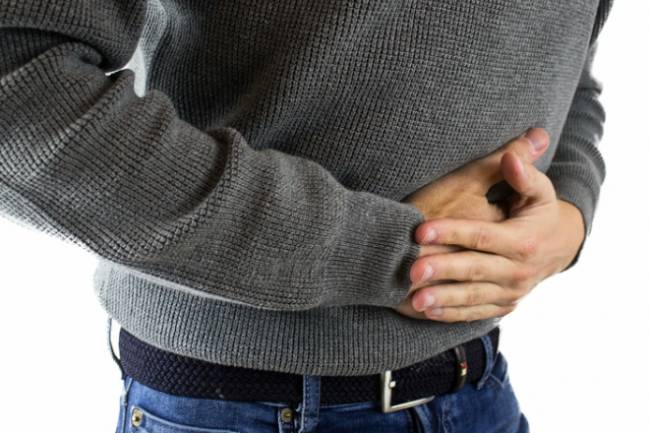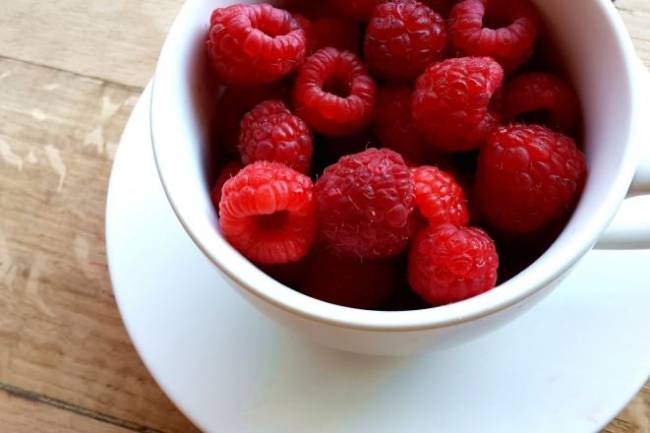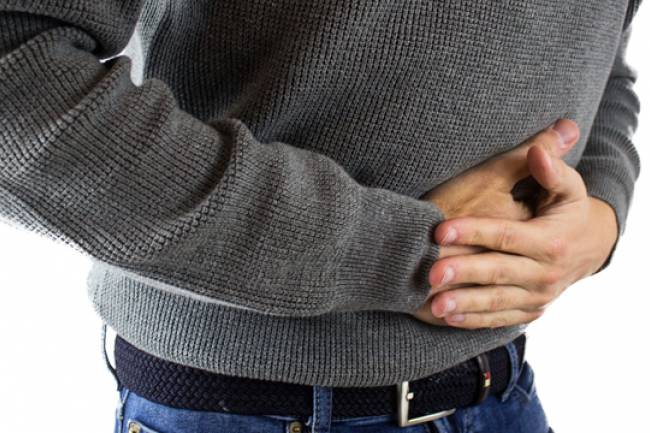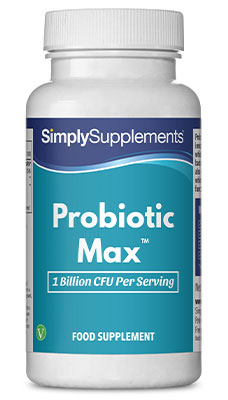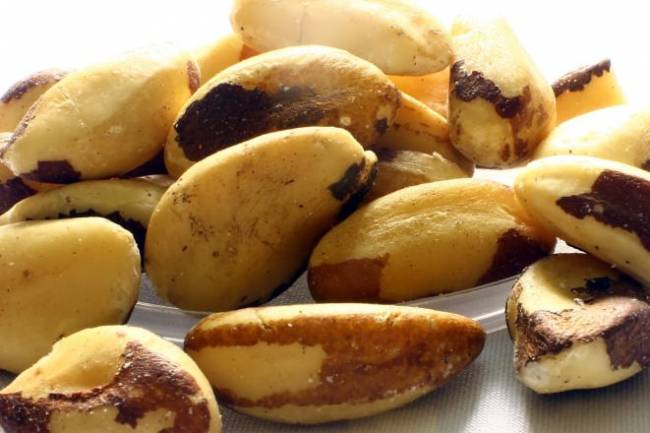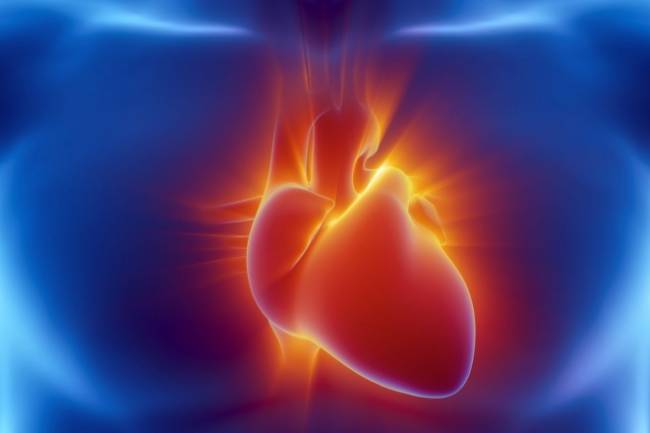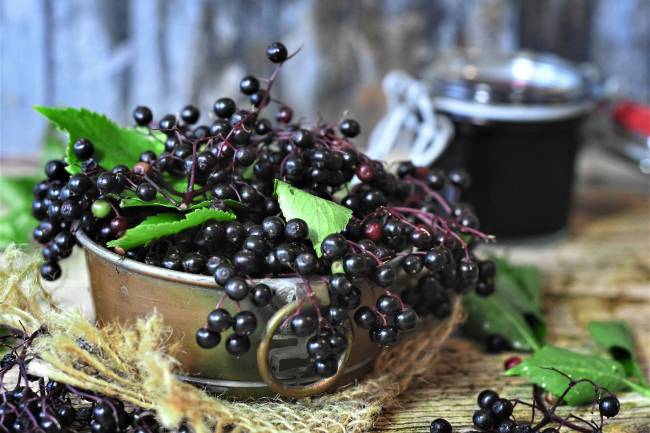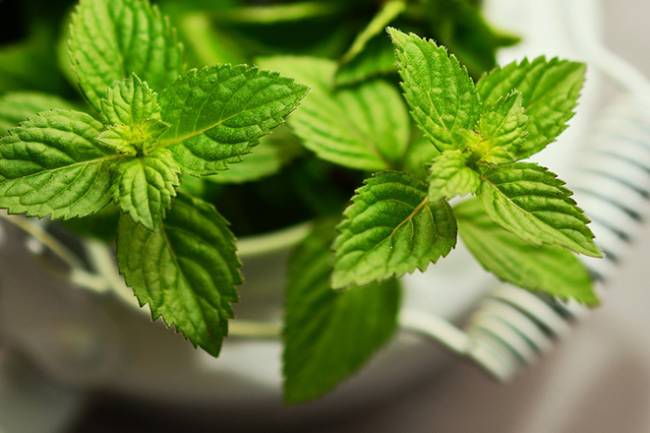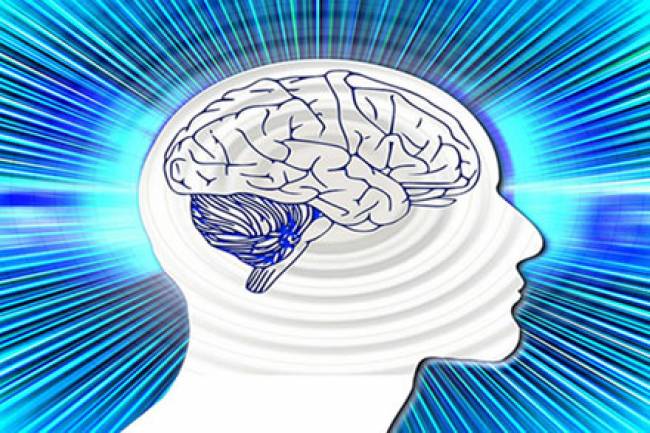12 Home Remedies for Gas and Bloating
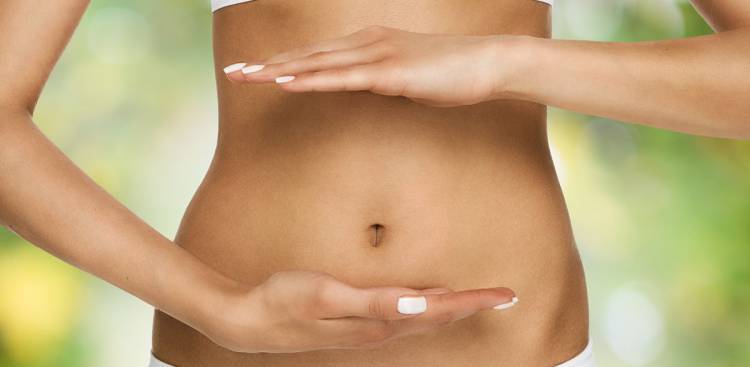
Most of us have experienced the discomfort of gas or stomach bloating on occasion, but there's no need to let it get the better of you. While there are many different causes of gas or a bloated stomach, it often occurs when the body struggles to break down food after meals. Fortunately, we know more than ever before about maintaining a healthy digestive system and there are an assortment of different treatments you can try at home.
Read to discover our top home remedies for gas and bloating...
De-stress
Stress and anxiety upset the balance of hormones and neurotransmitters that play important roles in normal digestion. As a result, food isn't digested properly, leading to the creation of gas and bloating. Anxiety also increases the speed of breathing, which causes you to swallow more air than normal. Certain stress-related habits may increase the likelihood of bloating, such as the tendency to reach for caffeinated or carbonated drinks, and chew gum. Take steps to reduce stress and relax on a daily basis.
Look at Your Eating Habits
Try to avoid eating habits that cause you to swallow excess air, such as chewing gum, using straws, smoking, and talking whilst eating. Always ensure that you eat slowly and chew your food thoroughly to make it easier for the body to digest, and try to avoid large gaps between meals. Also, avoid eating fruits straight after a meal as these are gas forming and will likely increase bloating.
Watch Your Diet
Overeating is one of the most common causes of gas and bloating and for people with food intolerances or coeliac disease. Limit your consumption of fatty, spicy, or salty foods as much as possible. Carbohydrates can cause the body to retain water, so these should be avoided in the evening to avoid a bloated belly in the morning. Artificial sweeteners can also be hard for the body to digest and some people find they increase bloating, while the bubbles in carbonated drinks can also be problematic.
Eat Potassium-Rich Foods
Bloating isn't always caused by excess gas. In certain cases, it may be triggered by high sodium (salt) intake, which increases fluid retention around the belly. Potassium helps to counter the effects of sodium so eat potassium rich foods on a daily basis to help balance fluids levels in the body. Good sources of potassium include bananas, mangos and spinach.
Be Aware of Common Culprits
Certain healthy foods may also increase the risk of bloating. While these shouldn't be avoided completely, it may be worth eating them in moderation to reduce bloating. Common culprits include beans, onions, broccoli, cabbage, cauliflower, peaches, prunes, lentils, corn and dairy products. Eating lots of fibre without drinking an adequate amount of water can also result in bloating and constipation.
Add Ginger
Ginger encourages the emptying of the stomach and speeds up digestion. The root contains gingerols and shogaols, which also help to soothe and relax the intestinal muscles and reduce spasms. Add a slice of fresh ginger root to a cup of hot water for 10 minutes and drink before and after meals. Alternatively, simply add ginger to meals or take a daily ginger supplement.
Take Probiotics for IBS
Many people with irritable bowel syndrome (IBS) suffer from bloating, which can be aggravated by stress or certain foods. An imbalance of good and bad bacteria in the digestive tract is another common cause of IBS and bloating, along with constipation, diarrhoea, and flatulence. Probiotics are good bacteria that produce enzymes to support the digestion of problem foods such as starch and dairy.
Prepare for Each Menstrual Cycle
For many women, the monthly menstrual cycle causes fluid retention and bloating, among other symptoms. A combination of calcium and magnesium have been shown to relieve bloating associated with PMS, so ensure you get enough prior to the start of each cycle. Aim for 1200mg of calcium and 400mg of magnesium on a daily basis.
Exercise Daily
Inactivity is a common cause of bloating, so try to keep active every single day. A simple 20-minute walk after lunch can get food moving through the digestive tract and prevent the buildup of gas. Working up a sweat also helps to release fluids. If you are new to exercise or have recently amped up your regime, you may find that workouts prompt bloating. However, the post-workout bloat should disappear after a couple of weeks as the body adjusts to the new routine.
Drink Plenty of Water
When the body is dehydrated it starts to retain water, which can cause the stomach to swell. Make sure you drink at least 2 litres of water each day to flush out toxins that may cause bloating and constipation. Herbal teas can also be beneficial, but you should avoid fizzy drinks that will likely exacerbate the problem.
Consume Peppermint
Peppermint leaves contain menthol oil, which acts as an antispasmodic to relax the digestive tract and support the passage of food and air through the stomach. Drink a cup of hot peppermint tea after each meal to get things moving, and add honey to taste. Or, take a daily peppermint supplement for sustained relief.
Check Your Medication
Certain medicines can result in stomach upsets that lead to gas and bloating, particularly aspirin, antacids, and the combined contraceptive pill. However, under no circumstances should you stop taking prescribed medications without seeking medical advice. If bloating is severe, speak with your doctor to discuss any potential alternatives, and use the steps above to relieve the side effects.


 Nicole
Nicole 